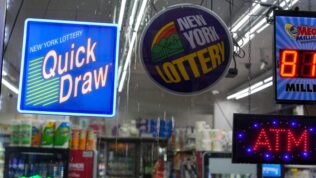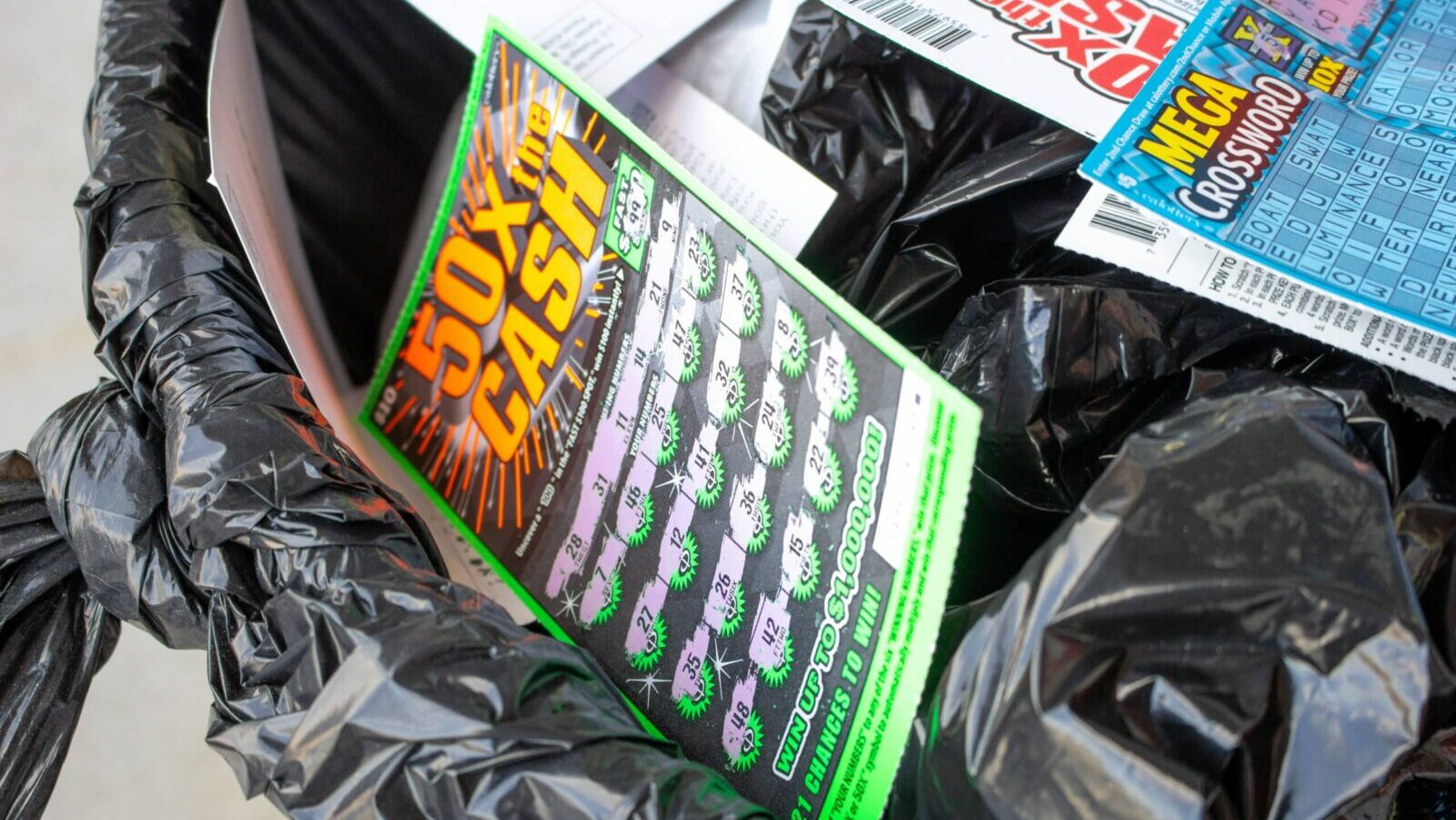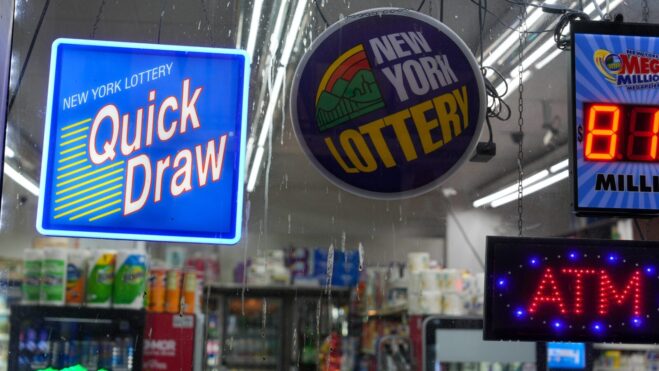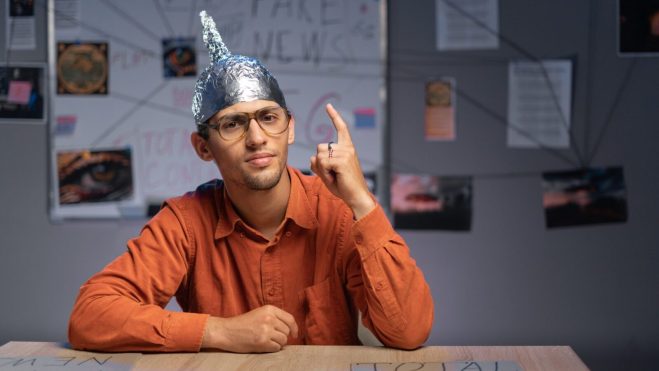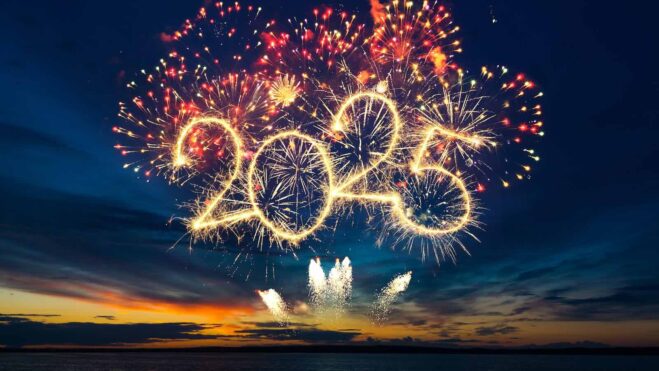The Holdouts: Examining The Five States That Do Not Offer A Legal Lottery
One state — Alabama — is close to lottery legalization, while four decidedly more reluctant long shots remain.
4 min
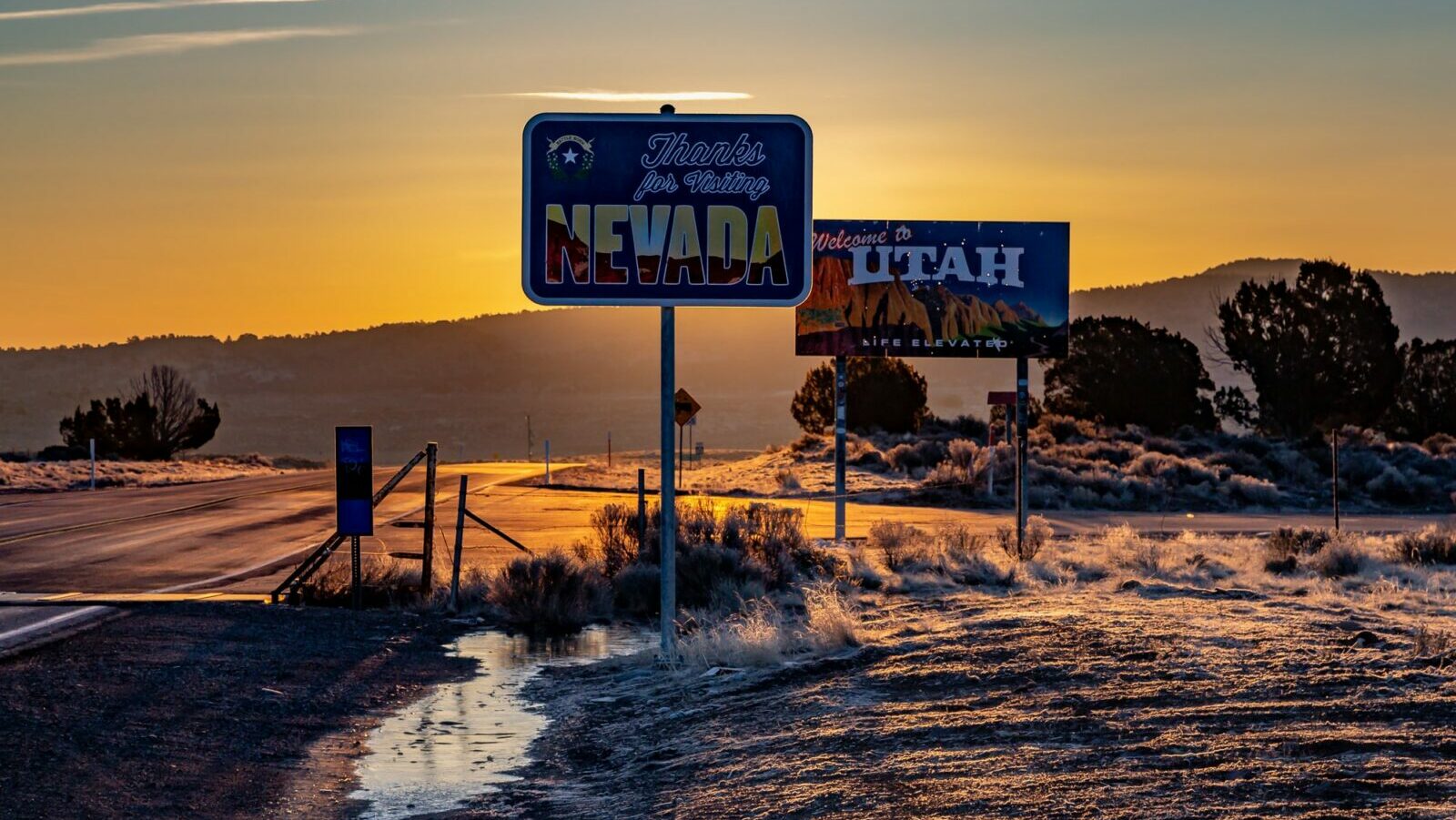
While lotteries were part of American culture in all 13 colonies in the 1700s and have a history dating back even longer than that, a series of scandals and a rising tide of public opinion that such gambling was immoral led to their near-extinction starting in the mid-1800s.
It wasn’t until 1964 that New Hampshire launched what is known as “the first modern lottery.” New York followed suit in 1969, and neighboring New Jersey did the same in 1969. In the 1970s, 11 more states came aboard: Massachusetts (1971); Michigan, Pennsylvania, and Connecticut (1972); Maryland (1973); Rhode Island, Ohio, Delaware, Maine, and Illinois (1974); and Vermont (1978).
The list of early-adapter states has followed a similar pattern in the expansion of other forms of gambling such as sports betting and online casino gaming, with the Northeast region being the most ambitious and the Midwest just behind it, while the South and West tend to be more resistant.
In 2019, Mississippi became the 45th state to begin offering a state lottery. That left five states where lawmakers had yet to legalize, and that remains the state of play in 2024.
Here’s a rundown of where things stand in those five holdout states, starting with the one most likely to become No. 46.
Alabama
In early 2024, an ambitious gambling expansion bill was introduced in the Alabama House of Representatives that would legalize full-scale commercial casinos, sports betting, and a lottery.
By the time it passed the state Senate in early March, all that was left were plans for a lottery and limited “historical horse betting.”
State lawmakers appear to be split among at least three factions: those who oppose any expansion of legal gambling; those who oppose the gutting of the House version; and those who are only comfortable with a Constitutional amendment on the statewide ballot in November so that voters will make the final decision.
The Alabama legislative bodies reconvened in late March after a mid-session week off, and will be in session until May 20.
Previous efforts to bring more gambling to Alabama — including in 2021 — produced early support in the Senate followed by stiff resistance in the House. In 2024, that pattern has reversed.
Sen. Sam Givhan, R-Huntsville, who opposes gambling expansion, told AlabamaReflector.com in mid-March: “All I know is that there are not close to enough votes in the Senate to pass a comprehensive gaming bill.”
The differences of opinion could be a boon for backers of a statewide vote on a lottery, since that seems to be the least controversial issue in the discussion. But supporters of the initial House bill may not be willing to settle for “just” a lottery and thus stall any expansion at all.
Alaska
Legislation was introduced in Alaska in 2020 by Gov. Mike Dunleavy that would have established the “Alaska Lottery Corporation,” but the state has yet to launch a traditional state lottery. Similar efforts dating back at least to 1999 also proved unsuccessful. Still, a bill to establish such a lottery was still active in spring 2024, and if passed would also bring Alaska into the multi-state Powerball and Mega Millions lotteries.
For now, though, residents instead may purchase tickets for “Lotto Alaska,” which is not regulated by the state government and is allowed because it’s billed primarily as a charitable fundraiser — but which also includes an outside chance of winning a six-figure jackpot. The game has roots in Canada dating back more than a decade.
A “Chase The Ace” board — either on paper or online for those within the state’s boundaries — offers players a weekly chance to choose one out of 54 squares that pays out the big prize in the unlikely event that “JACKPOT” is revealed.
Nearly half of the funds collected go to a variety of non-profits chosen by state officials, with the rest going to the jackpot, a series of smaller payouts, and to Lotto expenses.
Hawaii
Like Alaska, Hawaii lawmakers need not worry about other states profiting from spending of residents who live near the border. (The sequence above listing the years of adoption of state lotteries strongly suggests that such concerns tend to sway wavering lawmakers into the “yes” vote on having their own product.)
Only Hawaii and one other state offer no legal, regulated gambling at all, so such a tradition may be a powerful force of inertia.
A bill introduced in early 2023 would establish the Hawaiian Lottery and Gaming Corporation, an entity that would oversee the launch of a lottery as well as poker and casino games. A year earlier, a bill was proposed that would allow for a casino to open on Waikiki, open only to tourists staying at the casino hotel who pay a $20 daily fee to gamble. Another bill introduced at the same time would legalize sports betting, which all but a dozen U.S. states already have done.
Neither bill went very far — the casino bill never even received a hearing — and the 2023 proposal specifically states that sports betting would not be part of the gambling package.
As with Alabama, the best chance for state lottery proponents in Hawaii may be to offer a lottery-only bill. But even that may be a longshot.
Nevada
Casino operators in Mississippi fought a long battle in that state to keep out a state lottery that it views as competition for gambling dollars before finally losing that fight in 2019.
In Nevada, the casino industry is even more powerful, and as a result little progress toward a lottery has been made over the years. Still, in 2023 a lottery bill passed out of the legislative session for the first time, suggesting that all hope may not be lost.
The University of Nevada-Las Vegas concluded in a study that the state was the worst in the U.S. both for assistance for overall resident mental health and for mental health programs for youth. That led Democratic Assemblyman Cameron Miller to introduce the 2023 bill that would send the state’s share of lottery revenue to such programs.
But per the state constitution, the lottery bill must clear the legislature again in 2025, and if that is achieved then voters would decide on the issue in November 2026 with a potential launch in 2027.
Utah
There are some slivers of hope for proponents of lottery in several of the holdout states, and surprisingly that is even the case in Utah — though it remains the least likely state to adopt such gambling.
Like Hawaii, there is no legal gambling in the state, as the influential Church of the Latter Day Saints vehemently objects to the concept of state endorsement of such activity. A majority of state lawmakers are members of that church, as are nearly half of the state’s residents.
Still, a bill was introduced in February 2024 by state Rep. Kera Birkeland, a Republican from Morgan, that would authorize a state lottery — with no other gambling included in the bill, and with the observation that an estimated $200 million annually is spent by Utahns on lottery tickets in neighboring states.
In response, state Senate Majority Leader Evan Vickers of Cedar City, also a Republican, quipped to Fox13news.com: “I’d bet quite a bit of money in Vegas it wouldn’t pass.”
Senate President J. Stuart Adams, a Republican from Layton, replied when asked of chances of passage of such a bill: “Not very high.”
That makes sense, as both legislative chambers in Utah must approve a bill by a two-thirds majority before it goes to voters — voters who may well not approve even if their representatives finally do.

